ECONOMY
Goldman Sachs Lowers US Recession Chances To 15% Over Next Year
Published
8 months agoon
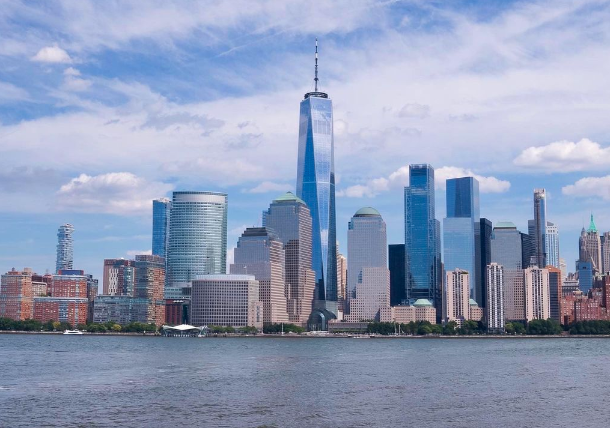
Courtesy of @goldmansachs via Instagram
Goldman Sachs on Monday lowered its estimated chance of a U.S. recession in the next year, for the third time in three months.
In the research note released Monday night, titled “Soft Landing summer,” Goldman Sachs chief economist Jan Hatzius said there was a 15% chance of a recession in the next year, down from an earlier forecast of 20%.
The bank is increasingly confident the U.S. economy will make a so-called “soft landing,” avoiding a recession despite aggressive rate hiking from the Federal Reserve in its battle against inflation.
Recent reports have show the pace of inflation slowing since the Fed began hiking rates last year, though not yet down to its target rate of 2%. The U.S. job market, meanwhile, has remained resilient, steadily creating jobs and staving off high unemployment.
“We strongly disagree with the notion that a growing drag from the ‘long and variable lags’ of monetary policy will push the economy toward recession,” Hatzius wrote. “In fact, we think the drag from monetary policy tightening will continue to diminish before vanishing entirely by early 2024.”
Hatzius also noted that Goldman Sachs is becoming more confident that the Fed is “done” hiking interest rates.
The Federal Reserve Board is scheduled to meet this month to potentially raise interest rates again. The Fed last raised rates in July, bringing the target range for the federal funds rate to 5.25 to 5.5 percent, the highest level since 2001.
“Last year we had two negative consecutive quarters of GDP and it still wasn’t called a recession. Given the current unemployment numbers and inflation near 3% levels again, it’s unlikely we would see a recession in the next 9 months,” said Ted Jenkin, founder and CEO of Atlanta-based oXYGen Financial.
“Our team believes the likelihood of a recession in the next year is extremely low. We have been in that camp for some time, even when it was an unpopular one,” said Lawrence Sprung, certified financial planner and author of “Financial Planning Made Personal.”
“The economic data being released along with earnings and demand are not supporting things slowing down any time soon. I believe, even if we are wrong and a recession was to rear its head, that any recession at this point would be short-lived and a soft landing. We believe the economy is in better shape than many think or are being led to believe,” Sprung said.
“Recessions don’t typically happen in tight labor markets; we’re experiencing the hottest labor market in decades. In short, when people work, they’re spending, and recessions are avoided,” said Bradley Schurman, founder and CEO of the demographic strategy firm, The Super Age, which helps public and private-sector organizations navigate disruptive population change.
Goldman Sachs and other banks in their predictions of recession “failed to consider one thing: demographics,” Schurman said.
“The U.S. labor market is tight largely due to a decrease in the supply of working-age adults aged 16–64. This reality is compounded by the exodus of baby boomers into retirement,” Schurman said.
“The U.S. isn’t out of the woods yet, and several factors could trigger a recession later this year or early next year, including crippling consumer debt and persistent inflation, Schurman said. “The reality remains that certain parts of the nation, like Silicon Valley, and certain industries, like tech, are likely to feel the most pain.”
TMX contributed to this article.
Related Topics:

More Money + Investing
-
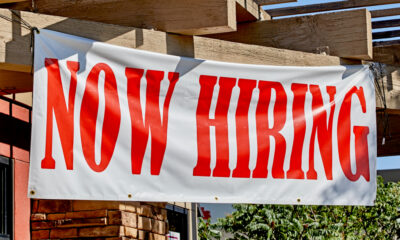

US Unemployment Claims Drop To Lowest Level Since September 2022
-


Student Loan Interest Resumes Sept. 1, With Payments Due in…
-


Airbnb Reports Biggest and Most Profitable Quarter Ever
-


Coach AK: Companies Like Disney Can Help Minimize the Hidden…
-
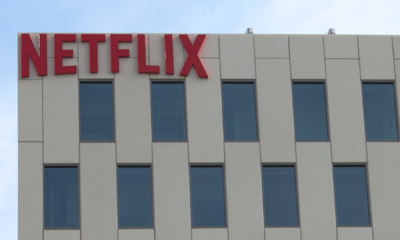

Microsoft will be the sole advertising technology and sales partner…
-


Twitter sets date for shareholder vote on Elon Musk
-
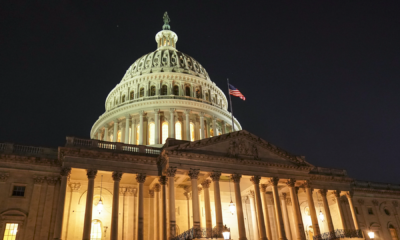

National debt now over $31 trillion
-
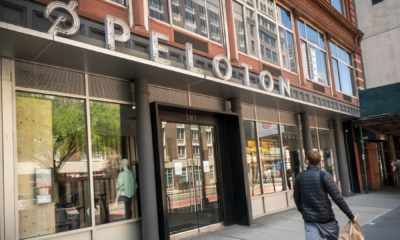

Peloton to announce further layoffs
-
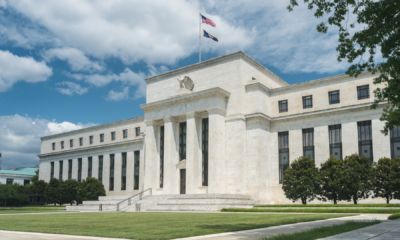

Treasury Secretary Janet Yellen Expects Much Lower Inflation In 2023
-
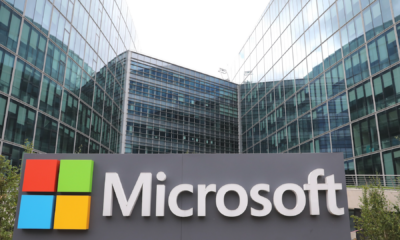

Microsoft Buys 4% Stake In London Stock Exchange As Part…
-
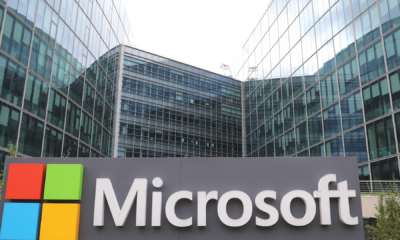

Microsoft Earnings Slowdown Softened By Cloud Growth
-
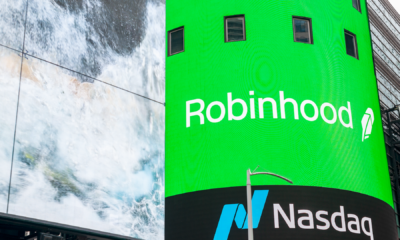

Robinhood cuts nearly a quarter of its staff